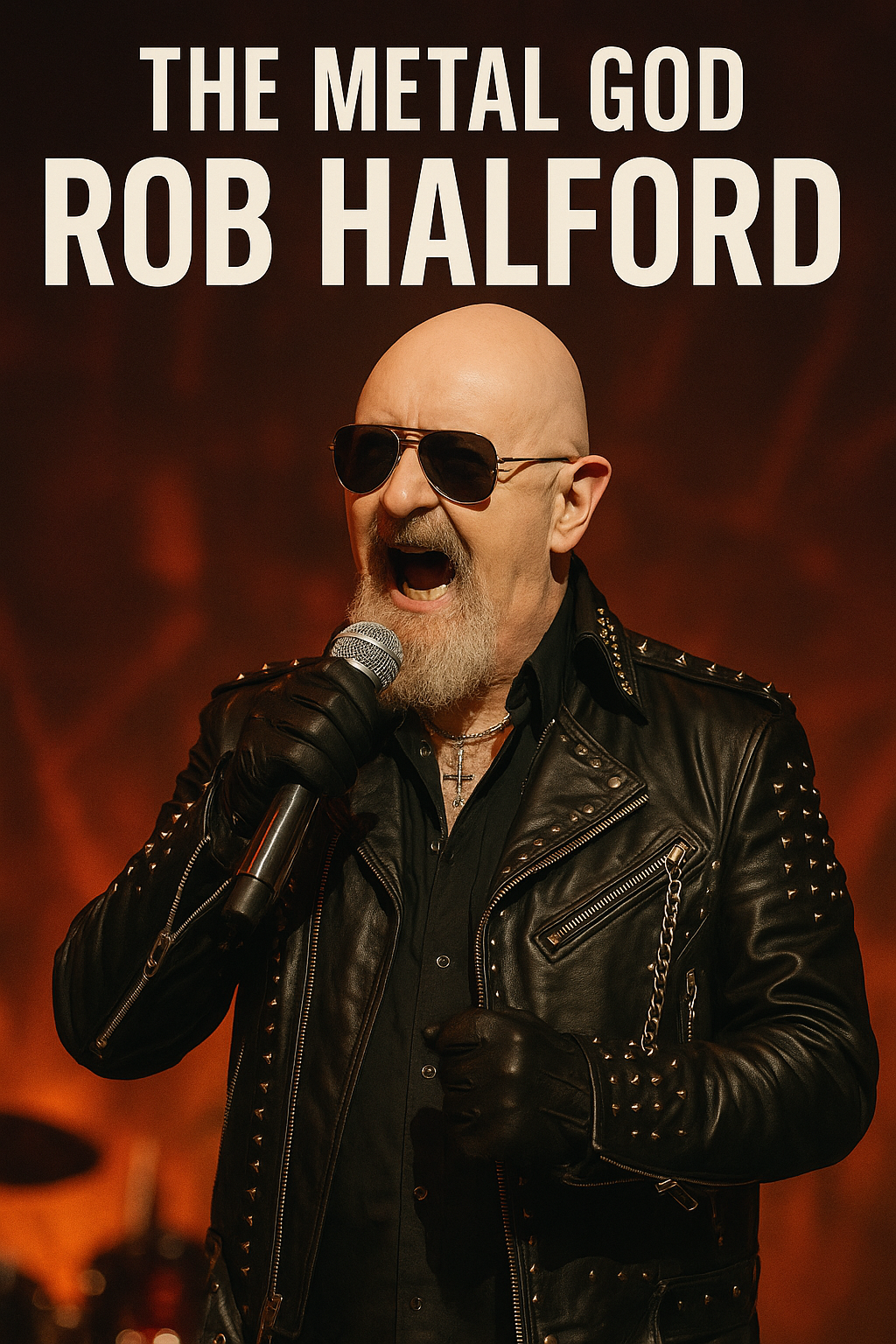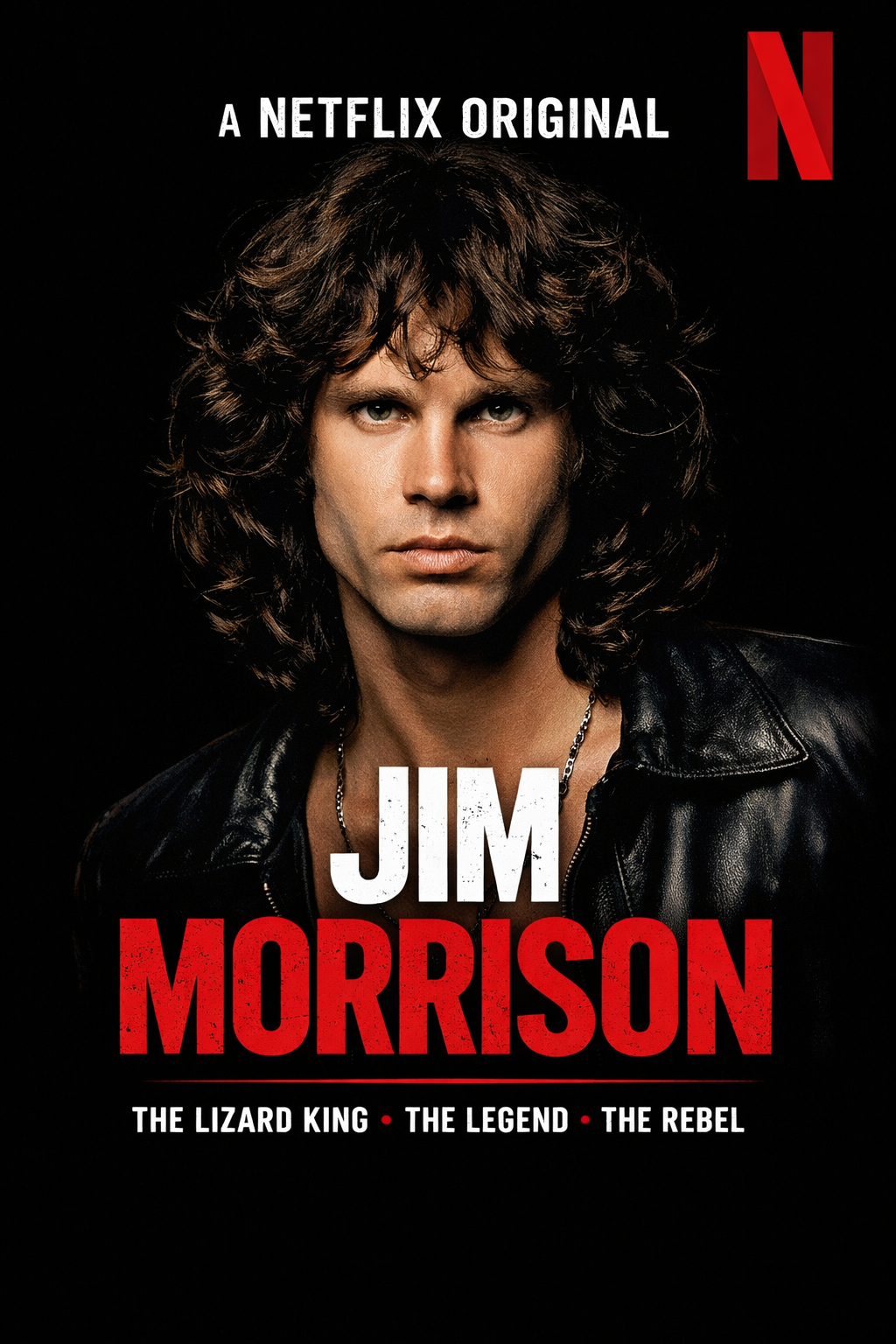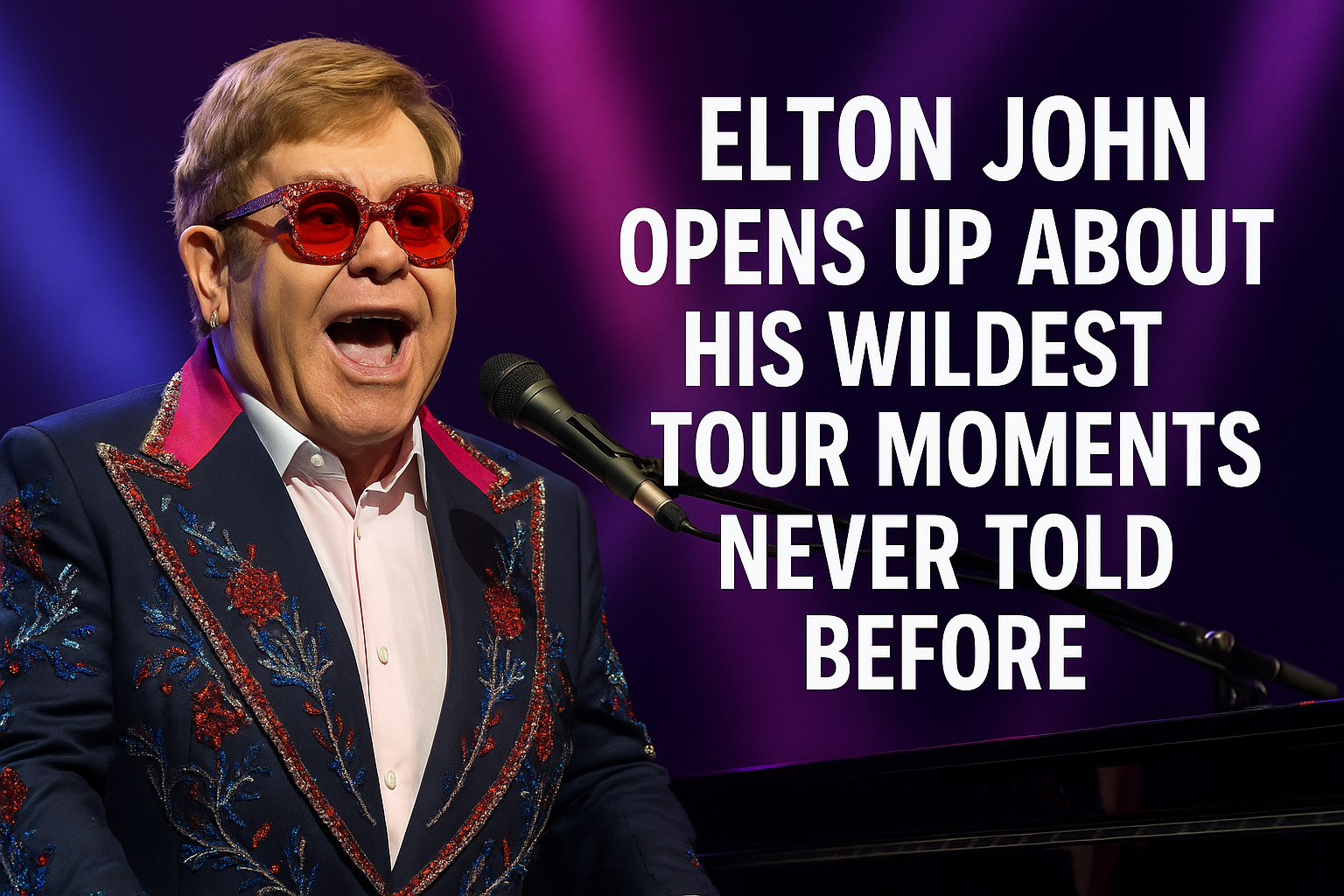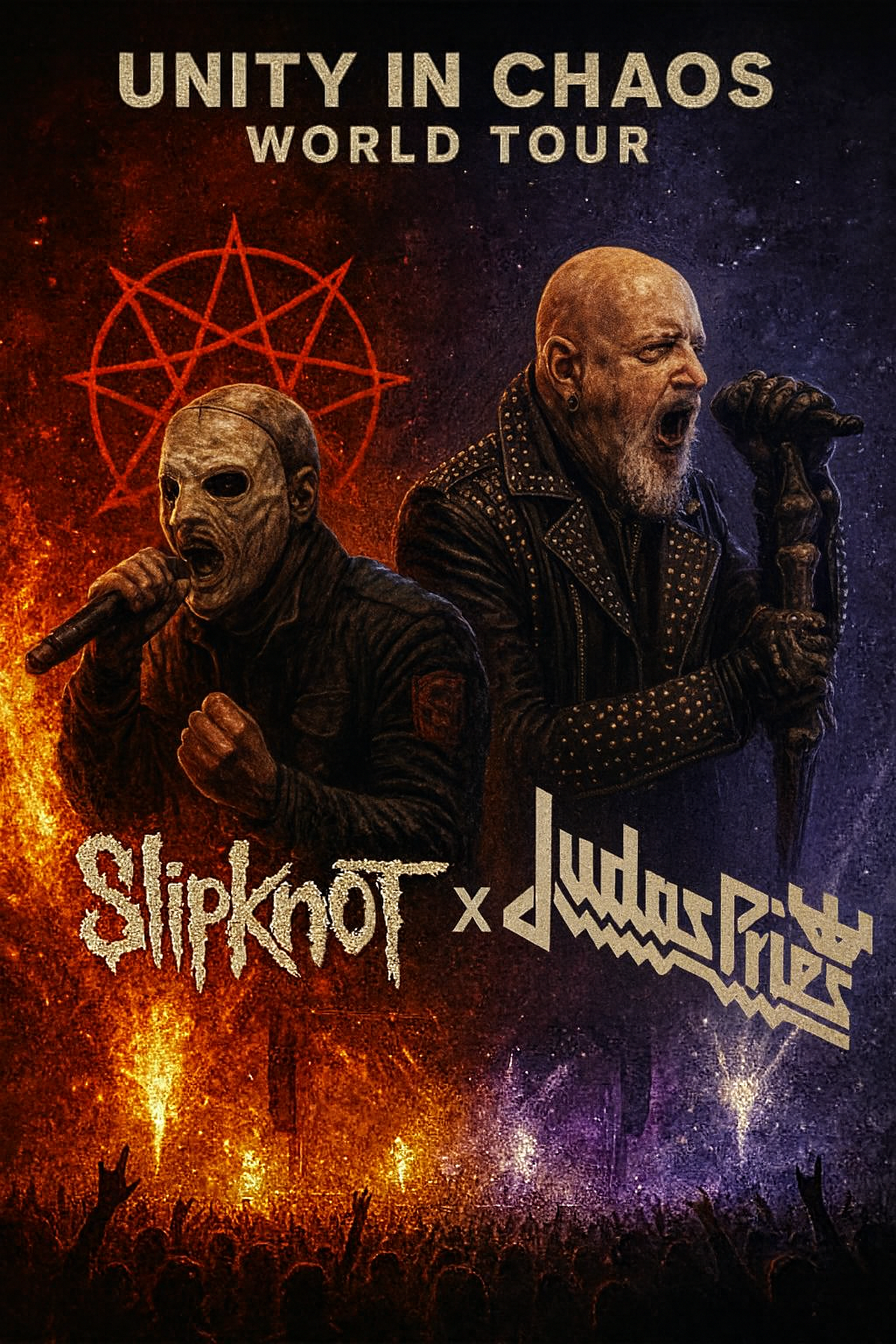Rob Halford, known universally as the Metal God, is a name etched into the very core of heavy metal history. As the lead singer of Judas Priest, he helped sculpt a genre, giving it not only its voice but also its soul. His influence goes far beyond the stage, resonating through generations of metalheads who see him as both a pioneer and a paragon.
Halford’s distinct appearance and vocal style are emblematic of what metal became in its purest form.Raised in the industrial heartland of Birmingham, England, Halford’s early life provided a fitting backdrop for the hard-edged, no-frills power of heavy metal. The grit and noise of the steel mills seeped into the DNA of Judas Priest’s music, and Rob’s voice emerged from that environment like a blade being forged in fire.
When he joined the band in the early 1970s, the world of rock was just starting to evolve into something darker, louder, and more intense.From the beginning, Halford’s vocals set him apart. He wasn’t just a singer—he was a force of nature. His range stretched from guttural growls to ear-splitting screams, capable of evoking despair, rage, and triumph, sometimes all within a single song.
Tracks like “Victim of Changes” and “Beyond the Realms of Death” displayed emotional depth alongside vocal acrobatics, elevating Judas Priest above many of their contemporaries. Halford’s singing wasn’t just about hitting notes—it was about telling stories with unparalleled intensity.His stage presence was equally revolutionary. Clad in leather and metal spikes, he brought a theatrical flair to heavy metal that became the genre’s visual signature. The leather look, initially drawn from London’s gay underground scene, was adopted as a bold expression of identity and rebellion. Ironically, what began as an intensely personal style choice became a global fashion trend in the metal community.
Halford, though not openly gay until many years later, had already embedded a piece of his truth into the very fabric of metal.When Rob Halford came out publicly in 1998, it marked a significant moment in music history. In a genre often perceived as hyper-masculine and aggressive, his announcement was both brave and transformative. The overwhelmingly positive response from fans and fellow musicians alike signaled a shift—not just in heavy metal but in the broader cultural understanding of inclusivity and identity. Halford proved that being true to oneself doesn’t diminish artistic power; it enhances it.Over the decades, Halford has continued to reinvent himself and Judas Priest without ever compromising on the essence of their sound.
Albums like “Painkiller” redefined the band in the 1990s, showing a more aggressive, speed metal-influenced edge that pushed his voice to even greater extremes. Even as newer trends like grunge, nu-metal, and metalcore came and went, Halford and Judas Priest remained not just relevant but revered.Apart from Judas Priest, Halford also explored solo projects that allowed him to venture into other subgenres of metal. With his band Halford, he dived into a more modern and aggressive sound, while still maintaining the essence of classic heavy metal. These endeavors reflected his versatility and unwillingness to be pigeonholed. Whether fronting Judas Priest or striking out on his own, Halford’s work always demanded attention and respect.Despite the fame and accolades, Halford has remained humble and grounded. In interviews, he frequently expresses gratitude to the fans and acknowledges the collective nature of Judas Priest’s success.
He is also candid about his struggles with addiction and the journey to sobriety, offering a message of resilience and hope to those who look up to him. His openness adds depth to his persona, reminding the world that even gods have their battles.Live performances remain one of Halford’s most powerful tools. Even in his 70s, he commands the stage with the same fire and precision as decades prior. Riding his Harley-Davidson onto the stage during “Hell Bent for Leather” continues to be a defining moment in their shows, a symbol of rebellion, freedom, and pure metal energy. Few performers manage to maintain such intensity and consistency for over fifty years.Halford’s impact on the metal genre is immeasurable. His voice, style, and presence created a template that countless vocalists and bands have aspired to follow. Whether it’s the high-pitched screams of power metal, the fashion of glam, or the theatricality of black metal, traces of Halford’s legacy are everywhere. He didn’t just perform heavy metal—he embodied it.Beyond music, Halford has become a cultural icon. His autobiography, “Confess,” provided an intimate look into his life, revealing the human side of a legend. Fans were given access to the fears, joys, and revelations of a man whose life has been as intense as the music he creates.
The book, like his career, is marked by honesty, strength, and an unyielding commitment to being authentically himself.In every scream, every lyric, every leather-clad performance, Rob Halford affirms his title as the Metal God. His career stands as a monument to passion, resilience, and artistic integrity. More than just a singer, Halford is a symbol of what it means to rise above limitations and define one’s own legacy. As long as heavy metal exists, so too will the indelible mark of Rob Halford.



